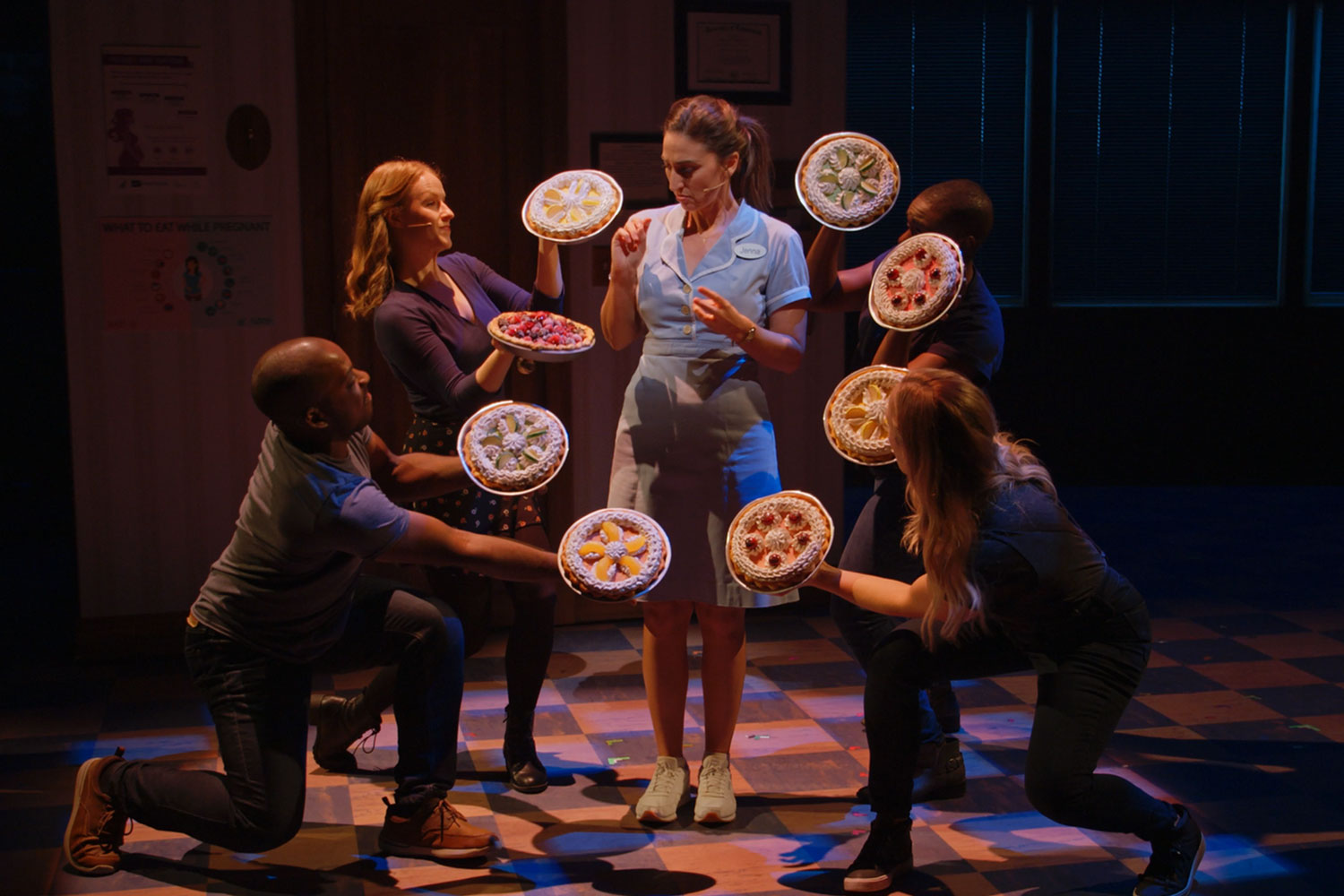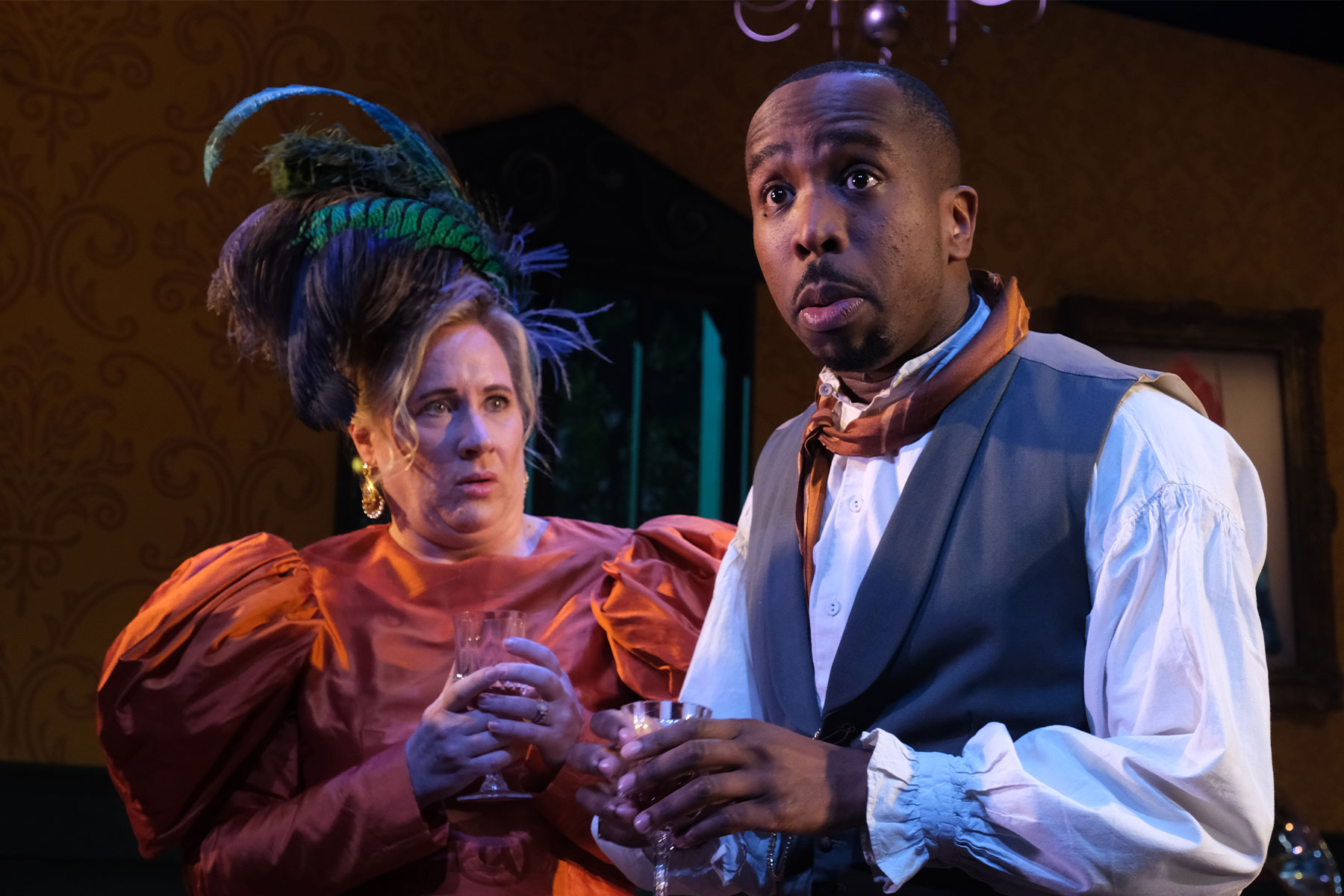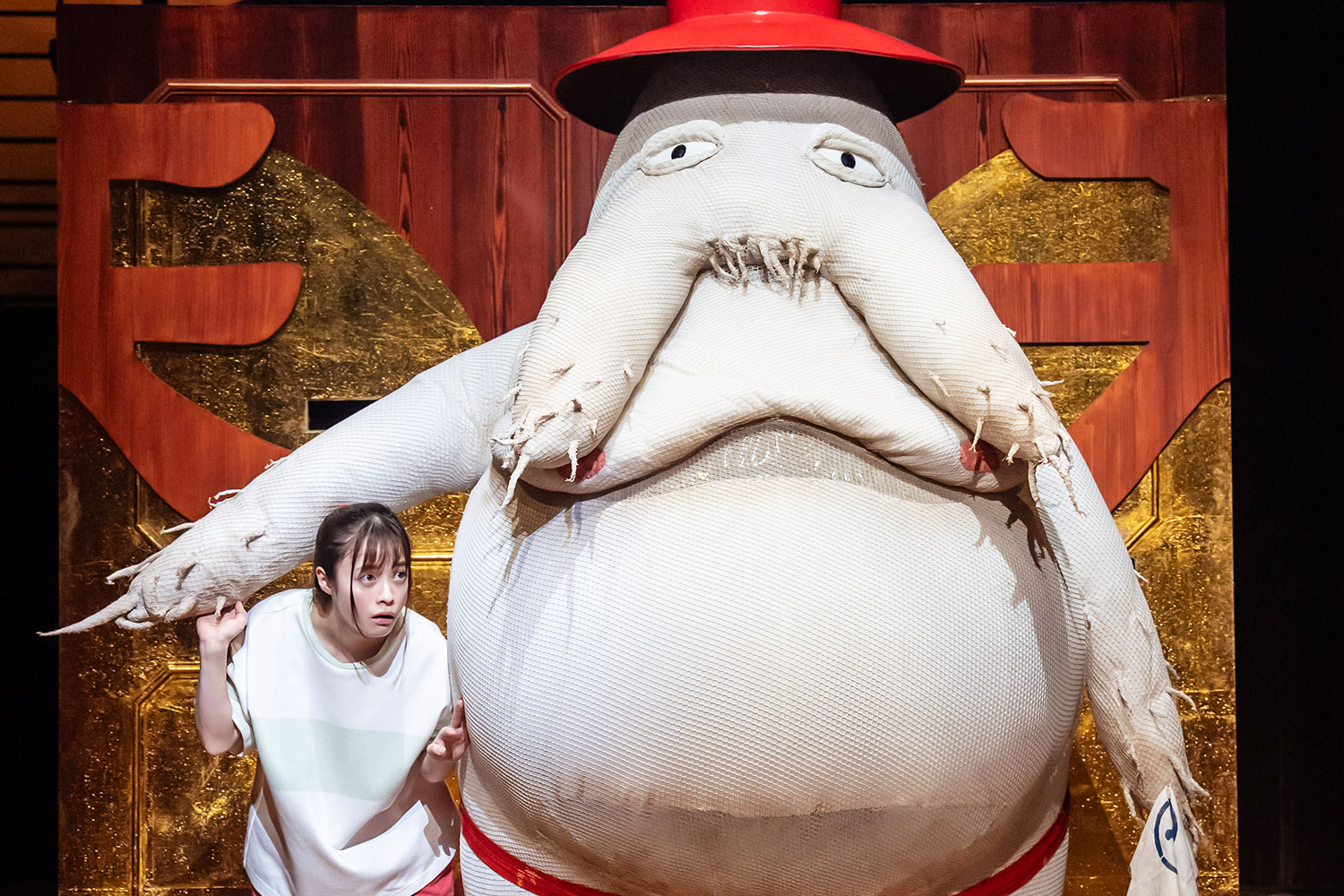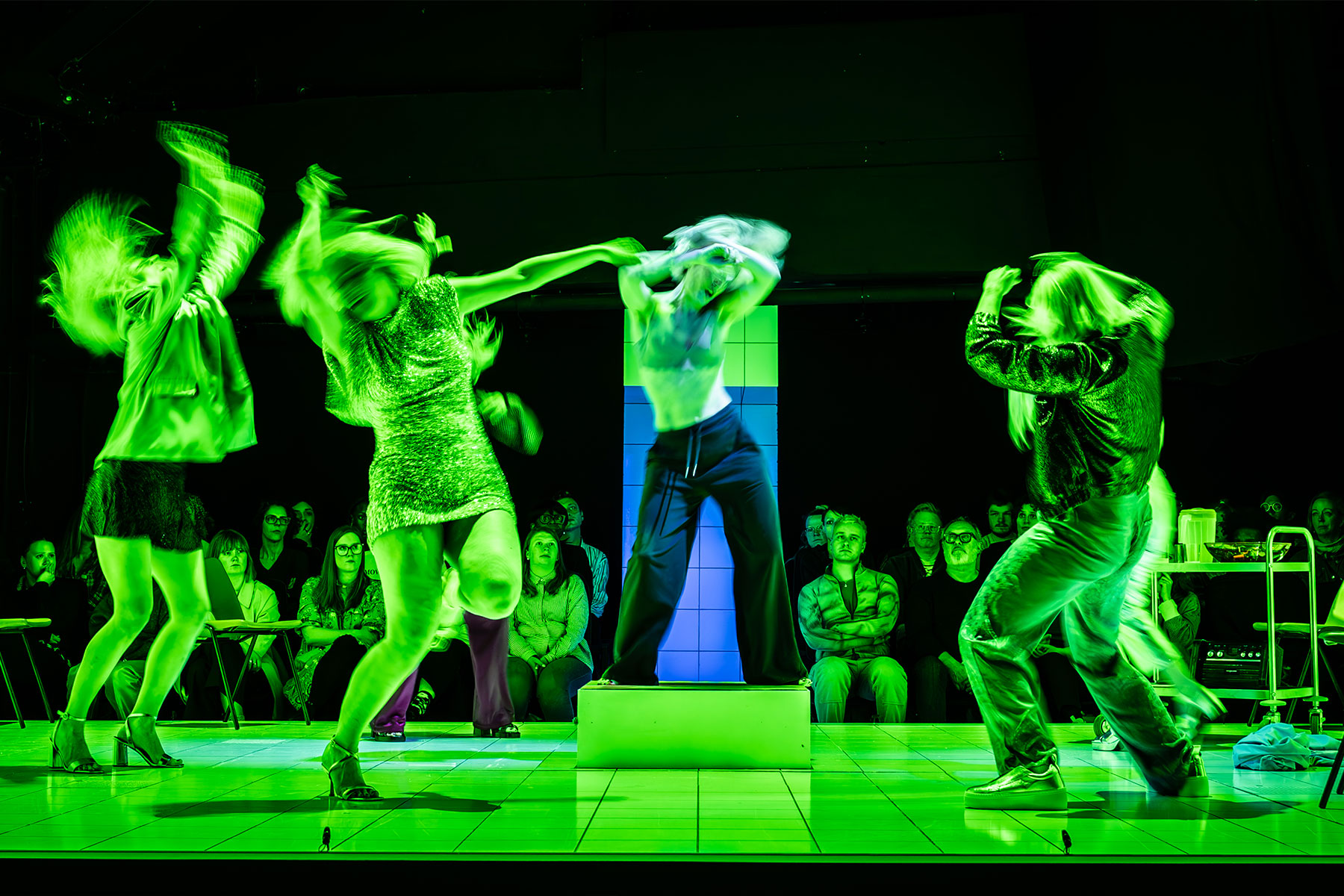Days of Wine and Roses
A reimagining of J.P. Miller’s 1962 film, Days of Wine and Roses transposes the classic Jack Lemmon drama to urban London, sending two idealistic Belfast émigré towards an exciting new life in the bustling city with little hope of experiencing the swinging sixties.
They quickly find that they streets are not paved with gold but with broken glass, turning wide-eyed optimism to sad reality and attempting to expose the paranoid self-destruction of a life in the thrall of addiction.
And yet, these ideas never truly come together. Owen McCafferty‘s script approaches alcoholism with little pity. His characters turn on knife edges, darting from sobriety to drunkenness with no great reflection, downing vast quantities of whiskey in minutes and treating them with almost no compassion until its final scenes. The social and psychological evil of alcohol addiction ought to be treated with more sensitivity.
For the most part, Days of Wine and Roses treats it as little more than an emotional tinderbox: a glass of whiskey leads to an explosive argument and McCafferty seldom takes the time to analyse the issues and disappointments which makes his characters seek comfort in the bottle.
Its two-hand cast goes some way in compensating for McCafferty’s at times unconscientious script. Tron pantomime favourite Sally Reid plays the part of Mona with some aplomb, although her facial expressions can be at times be distractingly cartoonish. Keith Fleming, too, injects some much needed blarney into proceedings as husband and bookie Donal, striking, along with Reid, the right comedic notes in the right places.
Given the power of Fleming’s reflective monologue at the tail end of the second act, it is frustrating that these two obviously fine actors are not given much more to emotionally connect with than lengthy, drawn-out descriptions of horse races.
Kenny Miller‘s design is visually appealing and cleverly evokes the era, plotting a huge pop art image of Jacqueline Kennedy amidst a telling collection of empty wine glasses and bleeding candle-filled bottles. Although Mark Hughes‘ lighting is at times more eighties than sixties, it helps to create some interesting tableaux, a welcome addition given how little drama is embedded into its staging.
Mere alcohol doesn’t thrill me at all. Had Days of Wine and Roses spent more time fleshing out its characters, establishing their romance and analysing their emotional collapse, it could have more convincingly portrayed alcoholism. Instead, it quickly reaches for the bottle, pours too much and, like a child stealing a sip of whiskey, winces at the strong flavours it finds within.
Days of Wine and Roses is at the Tron Theatre, Glasgow, until the 29th of October.










